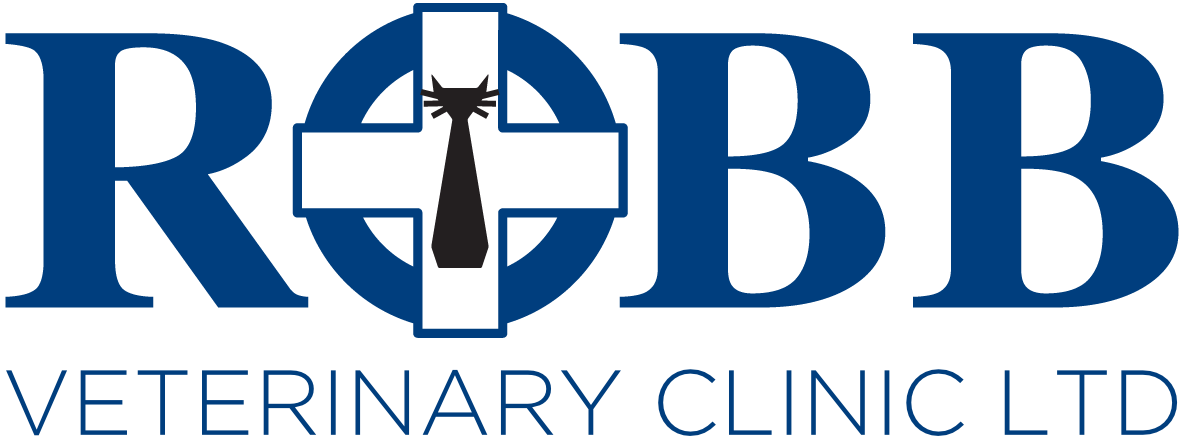
Chocolate Toxicity Calculator
If your dog has consumed chocolate and you are concerned, please use our calculator
Did you know chocolate can be very poisonous for dogs?
If your 4-legged friend has consumed any chocolate, whether it’s milk chocolate, white, dark, powdered or any other kind you might find in the house, you can use our calculator to consider how harmful the consumption may be and whether you should monitor the situation or take immediate action.
The calculations are based upon a few key factors to help provide guidance, such as dog size and weight, type of chocolate and quantity of chocolate eaten.
If you’re worried, please contact us immediately.
The small print
Please note that this calculator has kindly been supplied by our emergency pets partner, Vets-Now.
Theobromine and caffeine are both methylxanthine alkaloids which are found in chocolate. Methylxanthine amounts are estimates and can vary depending on growing conditions, cocoa bean sources and variety. Susceptibility to chocolate toxicosis also varies according to a dog’s individual sensitivity and it can be hard to tell exactly how much your dog may have eaten. This tool should be used as guidance only - if you are at all in doubt or concerned, contact your vet. It is always better for your dog if treated early.
Mild dark chocolate typically contains around 35 to 50% cocoa solids while strong dark chocolate contains upwards of 50% cocoa solids. Check the wrapper for more detailed information.
Please be aware that while white chocolate typically contains negligible amounts of theobromine, it may contain cocoa butter, sugar, butterfat and milk solids, all of which are bad for dogs and may cause a stomach upset.
If more than one dog may be affected, it’s advisable to present all of them to the vet.
Vets Now assumes no liability for the content of this page. The advice in this calculator is not a substitute for a proper consultation with a vet and is only intended as a guide. Please contact your local veterinary practice for advice or treatment immediately if you are worried about your pet’s health — even if they are closed, they will always have an out-of-hours service available.


